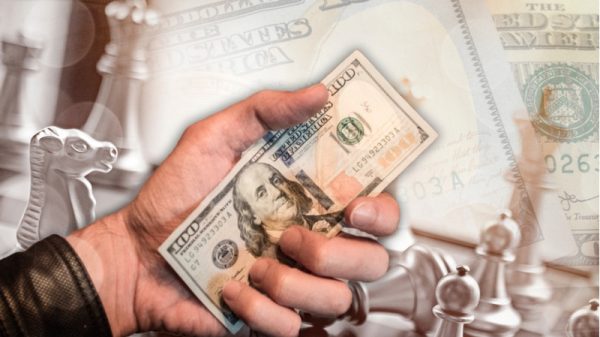Japan’s Exports Leap 11.9%, China Cuts Rates
Japan’s exports surged 11.9% in January year-over-year, surpassing economists’ expectations. Imports declined by 9.6%, deepening the trade deficit to 1.758 trillion yen ($11.73 billion). China’s central bank cuts the benchmark 5-year loan prime rate by 25 basis points to stimulate the struggling property market.In an impressive display of economic resilience, Japan’s exports rose significantly by 11.9% in January from the same month a year ago, as reported by the Ministry of Finance. However, the country faced a contraction in imports by 9.6%, leading to a substantial trade deficit of 1.758 trillion yen ($11.73 billion). Although this figure is daunting, it still fell short of the predicted deficit of 1.926 trillion yen. This suggests a complex interplay of factors influencing Japan’s trade balance.
PBOC Cuts Loan Rate by 25bps Amid Crisis
The economic landscape in China presents a contrasting picture, marked by attempts to rejuvenate the ailing economy. The People’s Bank of China (PBOC) recently decided to cut the benchmark 5-year loan prime rate by 25 basis points. This move underscores the urgency to support the country’s faltering property market and aims to ease the financial burden on property buyers. It also reflects deeper economic challenges, including persistent deflation and the underperformance of the CSI 300 index. The property sector, crucial to China’s economic stability, is under heightened scrutiny as developers grapple with the aftermath of COVID-19 and stringent debt regulations instituted in 2020.
The Ripple Effects of China’s Property Market Challenges
The woes of China’s property market extend beyond immediate financial metrics, affecting broader economic sentiments and investment outlooks. Critics argue that the measures taken by policymakers, often described as “half measures,” fail to address the core issues plaguing the sector. Concerns over housing price expectations and the completion of pre-sold projects exacerbate the situation. The notion of “walking dead” developers comes into play. These developers are sustained only by governmental intervention. This situation raises questions about the long-term viability of these companies. It also raises concerns about the overall health of the property market. Additionally, there is no consolidated effort to help complete projects. More attractive lending options are lacking, which further complicates the scenario.
The post Japan’s Exports Leap 11.9%, China Cuts Rates appeared first on FinanceBrokerage.



























